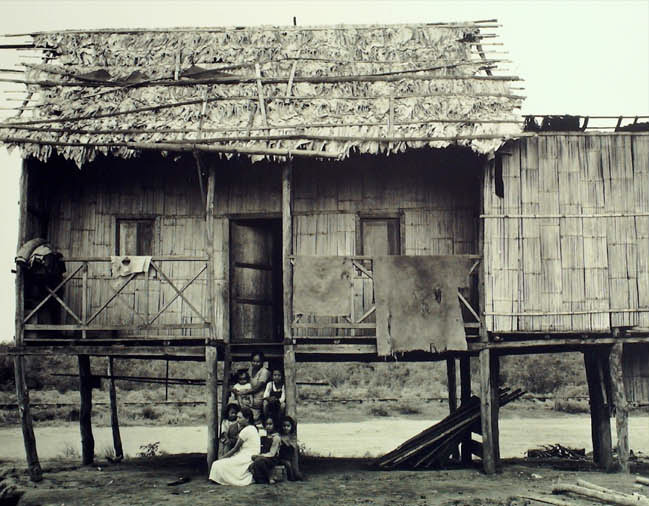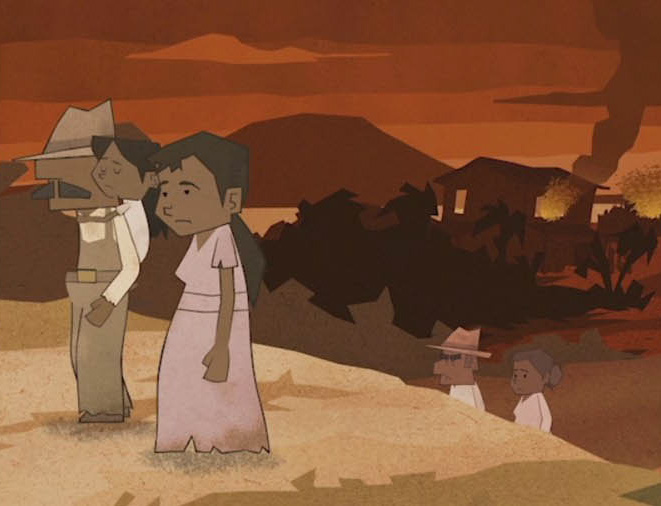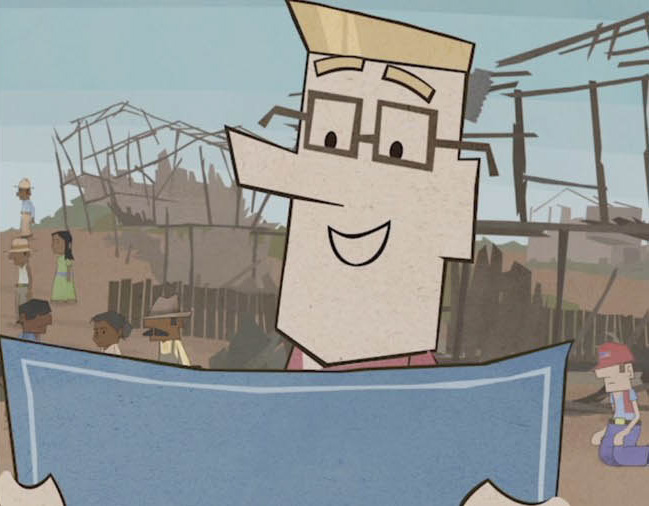“El Oro: Animating Humanities Research” by McComber, Fechter, Farrar, Hall, Rankin, et al. …
Conference:
Type(s):
Title:
- El Oro: Animating Humanities Research
Presenter(s)/Author(s):
Abstract:
Traditional historical research media, such as text, can allow for a great deal of exposition and elaboration. This works well to fully articulate complex ideas and arguments to fellowscholars. However, it is not conducive to engaging unfamiliar non-scholars. This limits both the potential reach of the research and growth of audience. In contrast, animation often requires ideas, emotions, and performance be broken down into their simplest term(s) in order to be presented efficiently to an audience.
Animating El Oro is a collaborative research project between historians and animators. It explores animation as a means of communicating narrative and historical argument. The result offers lessons on how historians can broaden audiences and communicate nuances without prose. These lessons are of importance to historical researchers and educators.
During WWII the United States came to the aid of El Oro, Ecuador in an attempt to stem the spread of fascism. This project is an animated depiction of a research argument surrounding this effort, presented from the Latin American perspective.







